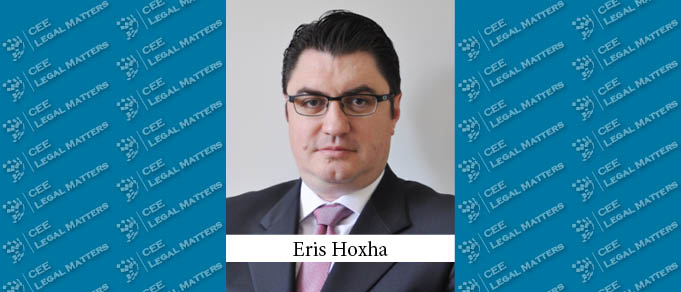“The political situation in Albania is charged at the moment,” says Eris Hoxha, Partner at Hoxha, Memi & Hoxha in Tirana, who explains that “because of the upcoming elections in April 2021, the political campaign is well underway.”
“However,” Hoxha notes, “any vestiges of real opposition have been gone from the parliament for over two years. Many opposition MPs decided to leave, and the ones who stayed can be described as ‘opportunistic.’ They don’t really concern themselves with the best interest of the people, but rather their own.”
In the absence of tangible checks-and-balances system in the parliament, Hoxha says, a controversial law on fiscal amnesty came close to passing. The law was supposed to offer amnesty for all businesses which had previously been operating in the so-called grey economy, and include them in the tax system. “The law did not pass, mainly because of heavy criticism by the EU and the IMF,” Hoxha says. “Their main concern was that the law would facilitate money-laundering, because it had the potential of allowing a lot of money made through criminal, and other suspicious activities, to enter the legal economy.” Hoxha isn’t sure the bill is gone forever, however. “I do not think we have seen the end of this. I have a feeling that the law will be brought back to the table as we get closer to the elections.”
Another issue which burdens the legal system in Albania is the current deficiency in judges and prosecutors. “As a result of the Justice System reform which began in 2016, we have had a comprehensive overhaul of our judiciary system,” Hoxha says. “Although the core principles behind the reform were positive, we can see that it the system is facing many problems.” According to him, “currently, we do not have a functioning Constitutional Court due to the lack of judges. Our High Court also barely meets the quorum.” He sighs. “It seems that soon we will not have enough judges to render decisions in Albania. And in turn, it is difficult to obtain an effective legal remedy.”
That’s not all, he says. “We are also in need of prosecutors, especially in the anti-corruption area. One of the innovations the reform brought to our country was a very thorough vetting process for selection of prosecutors, but most of them are reluctant to go through the process out of fear of political pressure.” There are, he said, political ramifications of this problem as well. “This state of affairs seems to suit the majority party very well, because they are less restrained by the judicial branch. So, there is very little incentive to change things around here.”

















